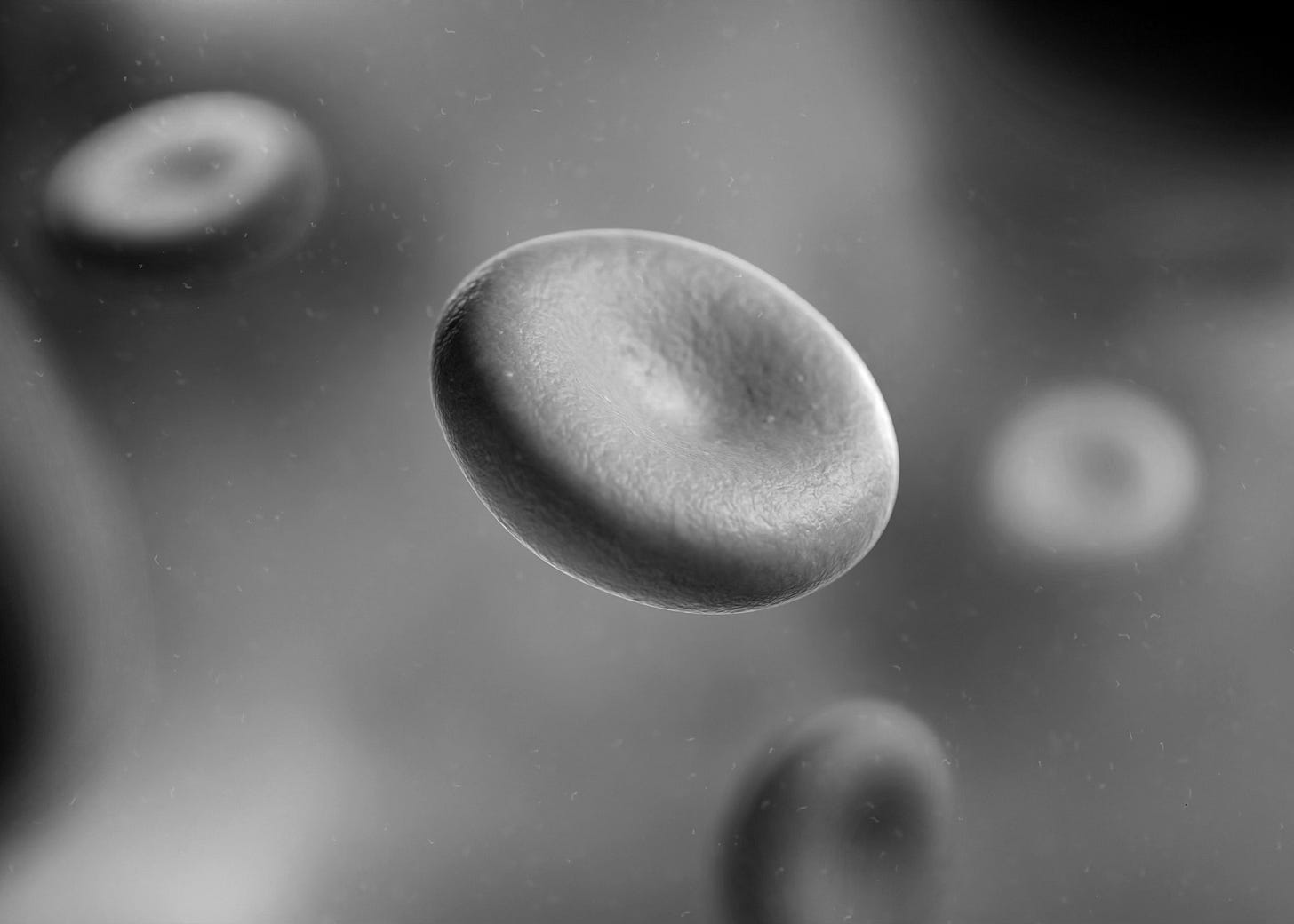Yoke by Juniper Martineau
from Dystopia: a PUNK NOIR Magazine series
He does not shrug it off; it seeps into his shoulder.
Through the layers of dermis, into the flesh, its journey continues, obeying gravity and the laws of physics, sliding into and between cells, slipping into tiny veins. Then, into the whooshing bloodstream, it permeates his whole body, dampening his vitality and turning him entirely inward.

Scientists in hazmat suits, charged with making a bio-psych weapon for use in foreign wars, had embedded an otherwise inert substance with negative sentiments—disgust, shame, despair—that lodged in the body, permanently. The early test subjects, prisoners, did grow depressed, but only slowly. Nanotech tweaks sped it up; now, in just minutes, a person’s whole being just slumps. It became very useful in rebellions.
He does not shrug it off, though he knows what will happen: passive, like a sheep, he will be herded to his own demise. He can’t conjure a reason to resist, though. Everyone he fought with is gone, to the camps or to the grave. Already defeated, he is done. With a long, low exhale, recalling that old, old song, he sighs: I guess this is freedom, nothing left to lose.
This story appears as part of Dystopia, a PUNK NOIR Magazine series.
Bio
Juniper Martineau has been editing academic texts a long time, but now has some stories of her own to tell. She lives in the high desert, under skies that can make everything stop, even if just for a moment.
PUNK NOIR, the online literary and arts magazine that looks at the world at its most askew, casting a bloodshot eye over the written word, film, music, television and more.
Subscribe for a regular dose of hard-boiled flash fiction, straight to your inbox.




And then he sets off the device that will change everything. He'll never see what he undid.